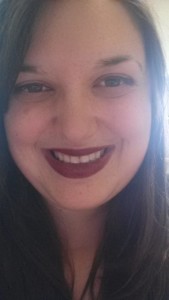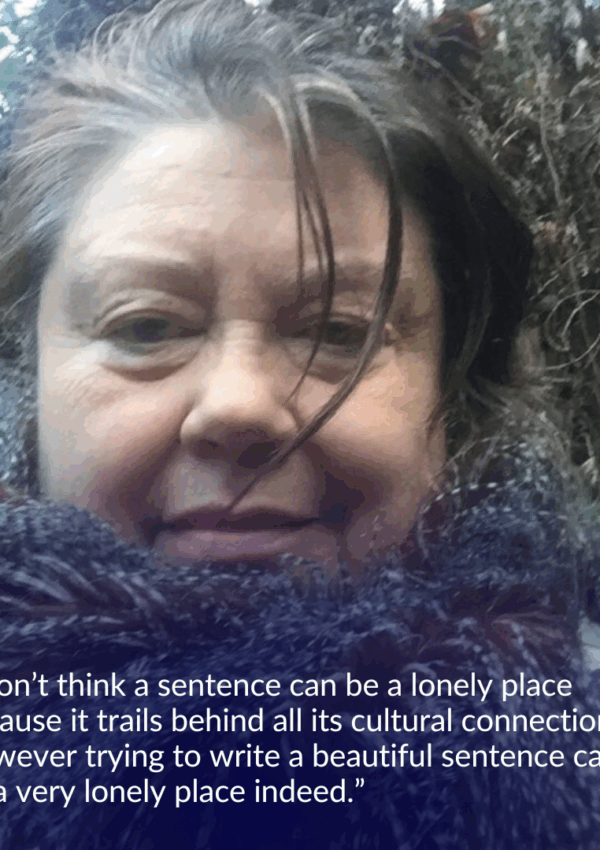“Why are all of your poems sad?”
That was a comment I found on a poem I wrote during my undergrad. I kind of laughed, it had never really crossed my mind that they were all sad sounding. More importantly, it felt uneasy, but I could never put my finger on as to why. I thought about it for a long time, even more so after being asked to write a blog post (which I am honored to do).
I can remember spending nights in my room or bathroom, furiously scribbling in journals. I published poems online filled with sadness and anger, self-hatred to be exact. To say that depression and melancholy have been a friend is an understatement; a small part of each of us has fused together. We have grown through middle school and beyond. I say that not out of pity but as a statement of fact.
People oftentimes assume that depression is merely sadness, but that is untrue. It is sadness, hopelessness, guilt, a conscious feeling of nothing, and more. These kinds of feelings are powerful. Much like grief, anger, and despair. It can feel like your insides are wanting to bust open your ribcage. It can be raw, impulsive, and when bottled up, all the more potent.
Those feelings have to make an exit, and those exits are varied from the sub-conscious to full awareness. Some turn to more destructive means than others, and I am one of them.
Understandably, venting can either benefit or hinder. Some are understanding, but even then they are human. Others give well-intentioned but misleading advice or believe that what worked for them will work for everyone (my personal favorite was that I should get laid). Writing does not argue or debate. Writing does not look at what you’ve scrawled on the page and suggest you do yoga and tell you about how others have it much worse. It just is. It’s on the page without argument or need for validation.
Which leaves time for self-reflection. My deepest realizations about myself, my past, and my future have taken place during those times. During the two to three years I was clean from self-harm, I was somewhat stuck. I wasn’t hurting myself, but I wasn’t progressing mentally. From the night that I relapsed up until today, I have grown and learned more about myself than I think I ever will.
That’s why I write sad poems. Depressing poems. These emotions and topics have to be discussed. The stigma of not only depression but mental illness as a whole has to be addressed. If I can entice at least one person to open up when reading my poems or feel like they aren’t alone, then I have done my job. If I can be the person I needed when I was younger, then I am complete.
If you are concerned for a loved one, here is a list of signs of suicidal thoughts or behaviors, and how to help: http://stopasuicide.org/learn-to-act.php
If you or a loved one are considering or talking about suicide, please contact the National Suicide Prevention Line at 1-800-273-8255, go to http://hopeline.com/, or to your nearest emergency room.
You are enough. You are needed here and you deserve the space that you inhabit. I promise you.
 Caitlin Cundiff obtained her BA in English and recently her MFA in Creative Writing from Oklahoma State University. Her writing has been seen in DUENDE, and is forthcoming in The Southwest Anthology in 2017. She currently resides in Tulsa and hopes to adopt a Corgi in the near future.
Caitlin Cundiff obtained her BA in English and recently her MFA in Creative Writing from Oklahoma State University. Her writing has been seen in DUENDE, and is forthcoming in The Southwest Anthology in 2017. She currently resides in Tulsa and hopes to adopt a Corgi in the near future.
You can read Caitlin’s poetry in Black Fox Issue 14.




Yes someone has to write these types of poems. Kudos to be being a brave soul to do it.